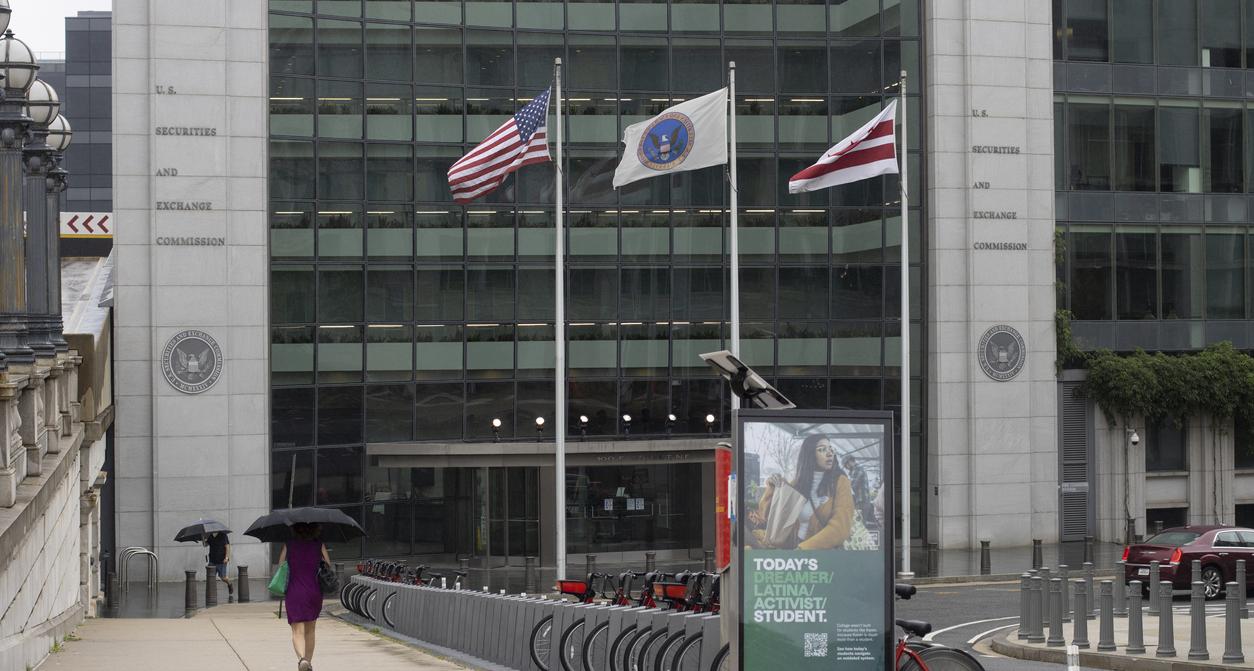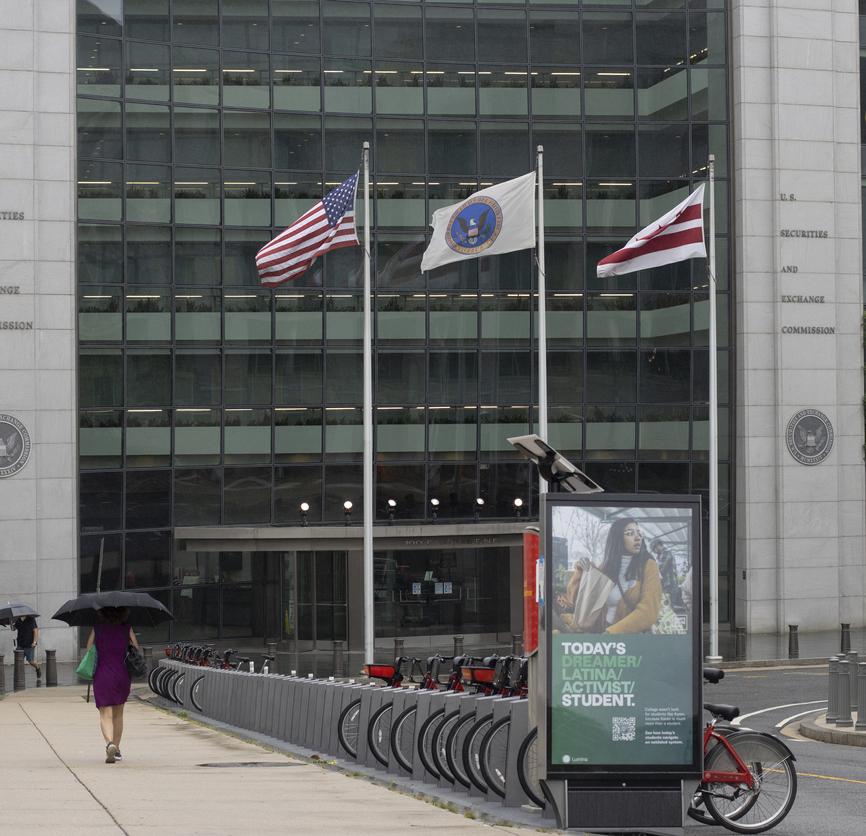-
https://climateinstitute.bmo.com/static/images/clock-icon.svg
5 Minute Read
-
Listen
-
Stop
-
Text Bigger | Smaller
This year will feature a flurry of regulations, government guidance, and new incentives regarding climate risk. Among the developments:
-
The U.S. Securities and Exchange Commission (SEC) is expected to finally release regulations related to climate risk and emissions disclosure.
-
Similarly, climate risk and emissions disclosure rules in California, the European Union (EU) and Canada have emerged.
As governments seek to strike a balance between "carrot and stick" to drive decarbonization of their economies, a challenging environment marked by near-term uncertainty is forming for corporate stakeholders. On one hand, more climate-related regulatory requirements may increase the cost of compliance for some companies. On the other, tighter requirements may be aligned with earnest efforts by some companies to increase transparency in their reporting.
Most notably, public companies anxiously await a finalized SEC climate rule intended to guide the disclosure of certain greenhouse gas emissions data, among other mandates. However, existing emissions disclosure rules in California, Canada, and the EU already affect many global companies, indicating a shift is in motion.
Normalizing emissions disclosure rules
Moreover, emissions disclosure is rapidly becoming an important facet of business, rather than a niche consideration. BMO’s 2023 survey of U.S. and Canadian business leaders revealed the growing connection between climate and corporate competitiveness, with over 60 percent of respondents indicating their companies are addressing climate change because “it’s important for my business.”
Emissions accounting and disclosure are becoming the norm. The International Sustainability Standards Board (ISSB) released the first two standards for sustainability disclosure in June of 2023. These standards, referred to as IFRS S1 and S2, represent global movement toward normalizing disclosure of emissions information to investors and others. Indeed, developing an understanding of Scope 1, 2, and 3 emissions informs business decisions, encourages investment, and helps corporations transition to a net-zero world.
As part of our ambition to be our clients’ lead partner in the transition to a net-zero world, BMO is monitoring the efforts of regulators to increase requirements for emissions disclosure and ready with tools such as Climate Smart to help our customers understand and track financial risks related to climate change. Here is what we are watching in 2024:
Waiting on the SEC
The business community is anticipating the release of climate risk disclosure rules by the U.S. SEC sometime this year The initial rule proposed by the SEC in March 2022 would require publicly traded companies to disclose information regarding climate-related risks, including greenhouse gas emissions.
One big question is whether – and to what extent – the SEC will include Scope 3 emissions in required disclosures. For example, the draft regulation would only require Scope 3 disclosure “if material, or if the registrant has set a GHG emissions target or goal that includes Scope 3 emissions.”
Some industry groups have criticized the inclusion of Scope 3, calling it burdensome to small- and medium-sized businesses.
However, many public companies will be required to report this information regardless of how the SEC proceeds because they operate in jurisdictions where disclosure rules including Scope 3 emissions have been finalized, such as California and the EU.
Canadian developments
The SEC regulations will likely influence how other countries move forward with similar rules. Canadian securities regulators may release their own greenhouse gas disclosure regulations following the SEC rule.[1] The Canadian Securities Administrators (CSA) has also indicated intent to review ISSB Standards S1 and S2 to potentially adopt similar standards for entities required to report.
Canada’s 2022 Budget had already directed the Office of the Superintendent of Financial Institutions (OSFI) to require federally regulated banks and insurers to publish climate disclosures, with a phased approach. The first disclosures under OSFI’s Guideline B15: Climate Risk Management are required to be published 180 days post-fiscal 2024. These disclosures include the collection and analysis of client emissions. This key provision sets the stage for non-financial sectors to collect and disclose emissions.
California and EU regulations
California
California's Senate Bill 253, known as the Climate Corporate Data Accountability Act, created a mandate for large corporations operating in the state to prepare to report Scope 1, Scope 2, and eventually Scope 3 emissions. The legislation has yet to reach implementation, with a formal set of regulations required to be published by the California Air Resources Board (CARB) by January 2025.
Implementation details aside, SB 253 will have an impact not just on large corporations, but also the small and medium-sized companies that comprise the broader business environment. Not only will this regulation create indirect pressure on smaller companies to disclose emissions to remain competitive, but large corporations may exert direct influence on companies in their supply chain to reduce emissions.
California’s economy is the biggest contributor to U.S. GDP of any state, and it has had an influence on shaping climate regulations globally and nationally. Other states may soon follow in California’s footsteps: New York, Washington, and Illinois have begun to consider similar requirements.
European Union
The EU’s Corporate Sustainability Reporting Directive (CSRD) guidelines came into force in 2023, with emissions and sustainability reporting mandated in 2024 for EU companies with more than 500 employees. Other entity types will be phased in over time from 2025 to 2028.
The CSRD is a significant change to sustainability reporting standards in Europe and expands the pool of companies that will be required to report. The European Commission describes these revisions as necessary to “create a culture of greater public accountability.” This framework is generally agreed to be the most advanced emissions reporting regulation in the world.
Notably, subsidiaries of parent companies based outside of the EU must also report under these guidelines – meaning the EU regulations will cover a large portion of the global economy.
Moving toward a stronger disclosure environment
The business imperative to track and disclose emissions does not hinge on the success of any one regulatory measure, and the world is clearly moving toward enhanced disclosure requirements. It is crucial for companies of all sizes to take steps toward understanding their emissions footprint and developing strategies to reducing their environmental impact. BMO’s Climate Smart is a tool to help companies track their own emissions and understand where they come from so they can take more effective action and potentially reduce costs while staying compliant.
For large corporations, disclosures are increasingly mandated, but the cascading effect for small and medium-sized enterprises should not be overlooked. Suppliers and vendors to larger corporations will increasingly need to communicate that they are aligned with these organizations’ climate goals, and that they can be a strong business partner beyond the supply of goods and services.
[1] Bickis, Ian. Full disclosure: Companies face emissions reporting mandates even as Canada lags. Montreal Gazette. Dec 18, 2023.
Featured Publications

Many corporate leaders in Canada and the U.S. have been creating climate mitigation plans to addres…

It might seem obvious to say that the energy transition will require a lot of innovation to happen.…

In the latest episode of Sustainability Leaders, I sit down to discuss growing water-related busine…





